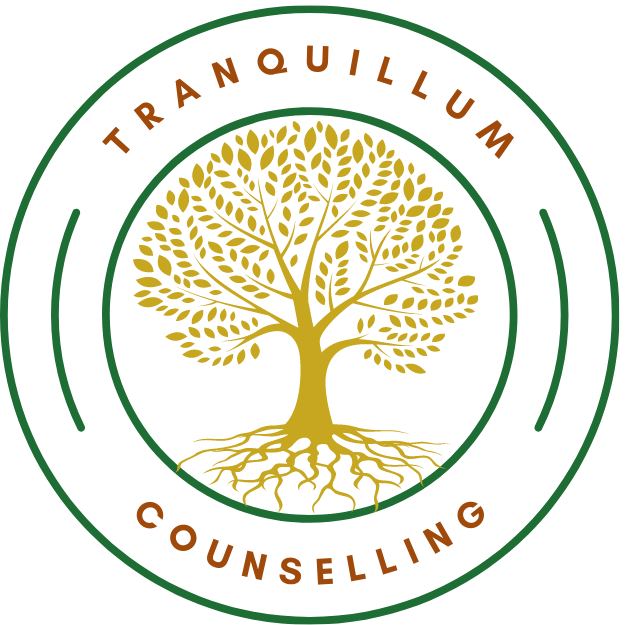The Power of Self-Compassion in Healing Low Self Worth
Self-compassion is the ability to comfort and soothe oneself in moments of pain or distress with a kind, caring, and understanding approach. It is the practice of treating ourselves as we would treat a close friend, offering ourselves compassion and understanding instead of harsh self-criticism. For those struggling with low self-esteem and self-worth, self-compassion can be a powerful tool for healing and personal growth. In this blog post, we’ll explore the benefits of self-compassion and how it can transform the way we view ourselves.
Self-compassion as an Alternative to Self-Criticism
When we struggle with low self-esteem, it’s easy to fall into the trap of self-criticism. We become our own worst enemy, relentlessly berating and punishing ourselves for our flaws and mistakes. Self-compassion offers an alternative to this destructive pattern. When we approach ourselves with kindness and understanding, we create a supportive and nurturing space in which to heal and grow.
The Power of Mindfulness
Mindfulness is a key component of self-compassion. It involves being present and aware of our thoughts, feelings, and sensations without judgment or resistance. When we practice mindfulness, we can observe our inner experiences with curiosity and compassion, rather than reacting to them with fear or avoidance. By tuning into our thoughts and emotions with a non-judgmental attitude, we can begin to cultivate a sense of deeper self-awareness and self-understanding.
The Benefits of Self-Compassion
Research has shown that self-compassion is linked to a variety of mental health benefits, including lower rates of depression, anxiety, and stress. It has also been found to promote greater resilience, happiness, and life satisfaction. By fostering a sense of kindness and understanding towards ourselves, we can improve our self-esteem, enhance our relationships, and increase our overall well-being.
Practicing Self-Compassion
There are many different ways to practice self-compassion, and what works best may vary from person to person. Some effective practices may include:
Writing a self-compassion letter to yourself, acknowledging your struggles and offering yourself words of comfort and support.
Using body-based techniques, such as gentle self-massage or deep breathing, to soothe and calm your nervous system.
Developing a “self-compassion phrase” that you can repeat to yourself when you are feeling stressed or overwhelmed. For example, “May I be kind to myself in this moment” or “I am worthy of love and care.”
Engaging in activities that you enjoy and that help you feel connected to yourself, such as reading a book, taking a bath, or going for a walk in nature.
Making Self-Compassion a Habit
Like any new skill, practicing self-compassion takes time and effort. It may feel challenging at first to shift away from self-criticism and towards self-kindness, but with patience and persistence, it is possible. Try to make self-compassion a regular part of your daily routine, and don’t be too hard on yourself if you stumble or forget. Remember, self-compassion is not about achieving perfection - it’s about learning to treat yourself with greater kindness and understanding.
In summary, self-compassion is a powerful tool for healing and personal growth. By approaching ourselves with kindness and understanding, we can break free from the confines of low self-worth and build greater resilience, happiness, and well-being. Through the practice of mindfulness and self-compassion, we can learn to treat ourselves as we would treat a cherished friend, with patience, empathy, and love. So, let yourself be kind and gentle with yourself. You deserve it.


